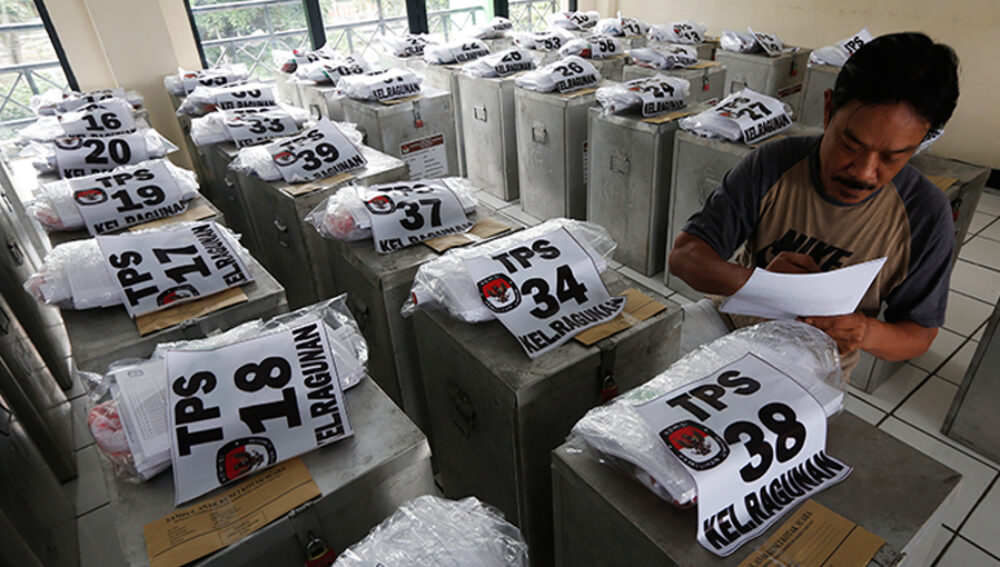The recent gubernatorial elections in Jakarta have generated vigorous debate about the state of democracy in Indonesia. Many observers have commented on the rise of nativist sentiment and Islamic radicalism and have argued that this new salience of identity politics poses a threat to pluralism and the rule of law.
One reason why these developments are troubling is that the rise of identity politics may imply a concurrent marginalisation of policy issues in local politics.
Indonesian local governments are endowed with significant autonomy, and their policy choices can affect matters such as social service delivery, infrastructure development, natural resource management and government transparency. It is vital that citizens keep local politicians accountable for their performance by using their vote to reward or punish incumbents for what they do in office.
Sadly, Jakartans failed to live up to this basic requirement for democratic governance. While most of them were satisfied with the incumbent’s performance as governor, many decided not to vote for him because of his Christian religious background and because of the questionable allegations that he had blasphemed against Islam.
While the case of Jakarta understandably attracts a lot of attention, it is only one of hundreds of local elections that regularly take place in the vast and diverse country.
Please click here to read the full “Indonesian voting behaviour beyond Jakarta” article published at the East Asia Forum, written by Griffith Asia Institute member, Dr Diego Fossati.








